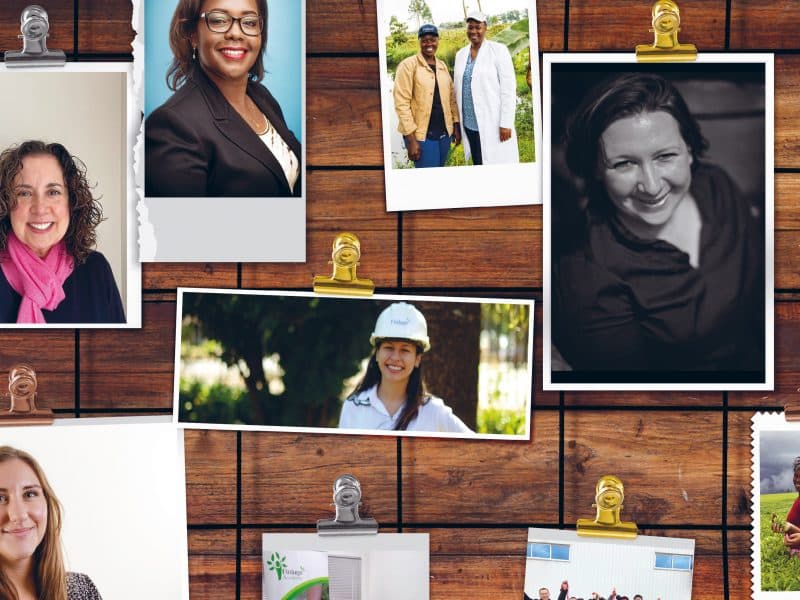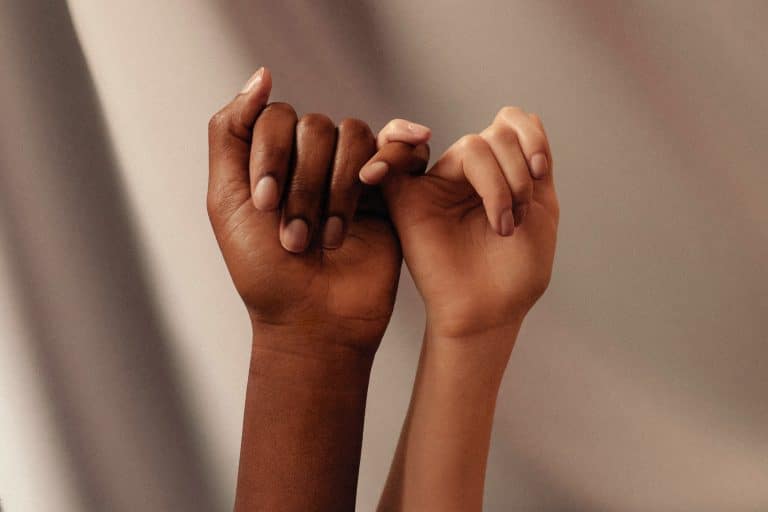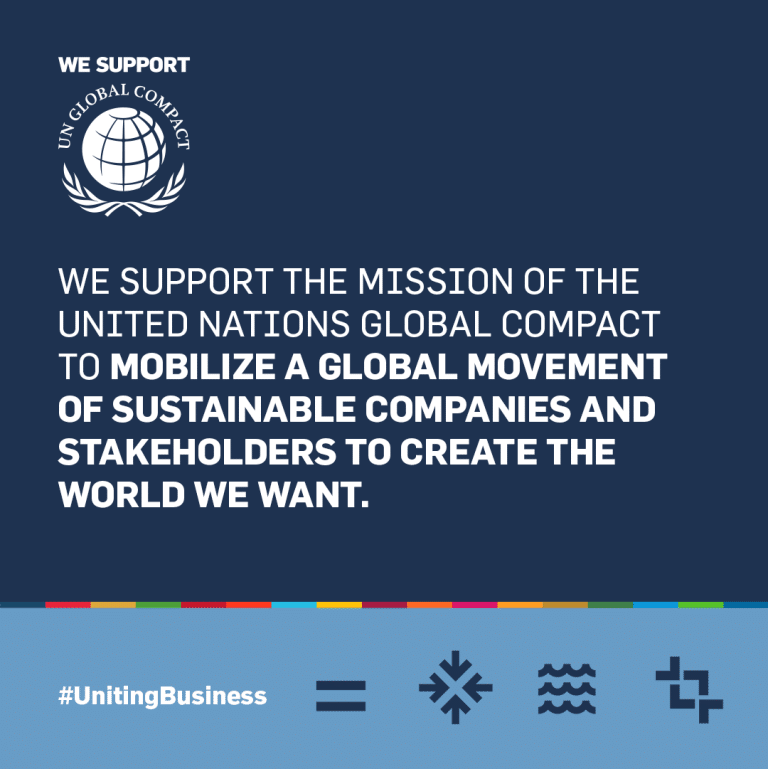In this article from 1750, Helen Hume gains a global perspective on Gender Empowerment in natural beverages
Does the natural beverages industry have a gender empowerment issue? The statistics certainly suggest so.
Women might make up 50% of the global workforce in tea, but just 16% of management roles are occupied by women. In coffee, 70% of labour is provided by women, but nearly all of these are in plant-care, harvest and processing. In general, it is men who are the decision makers and business owners. Women, on the other hand, have systemically lower access to resources (such as land, credit and information) than men and therefore have poorer economic outcomes.
Countless studies demonstrate that empowering women is an effective strategy for poverty alleviation and is strongly connected with economic productivity. So what are we waiting for?
At its heart, Gender Empowerment is about opportunities and equal control. On an individual level, it is about creating self-awareness and enabling women to take control of their life (resources, voice and decision making) through education and training. On an environmental level, it’s about building structures and setting policies so women can succeed equally.
At least, that’s my point of view. The issue of gender empowerment is messy. It cannot be compacted into one elegant-but-reductive perspective. It only achieves resonance through a variety of perspectives and lived experience. As a geographically dispersed, culturally diverse business with a vertically integrated supply chain, Finlays is uniquely placed to offer a nuanced view of gender empowerment in tea and coffee, from farm to factory to office.
Here are some of the key lessons and insights we have gleaned from our gender empowerment journey so far.
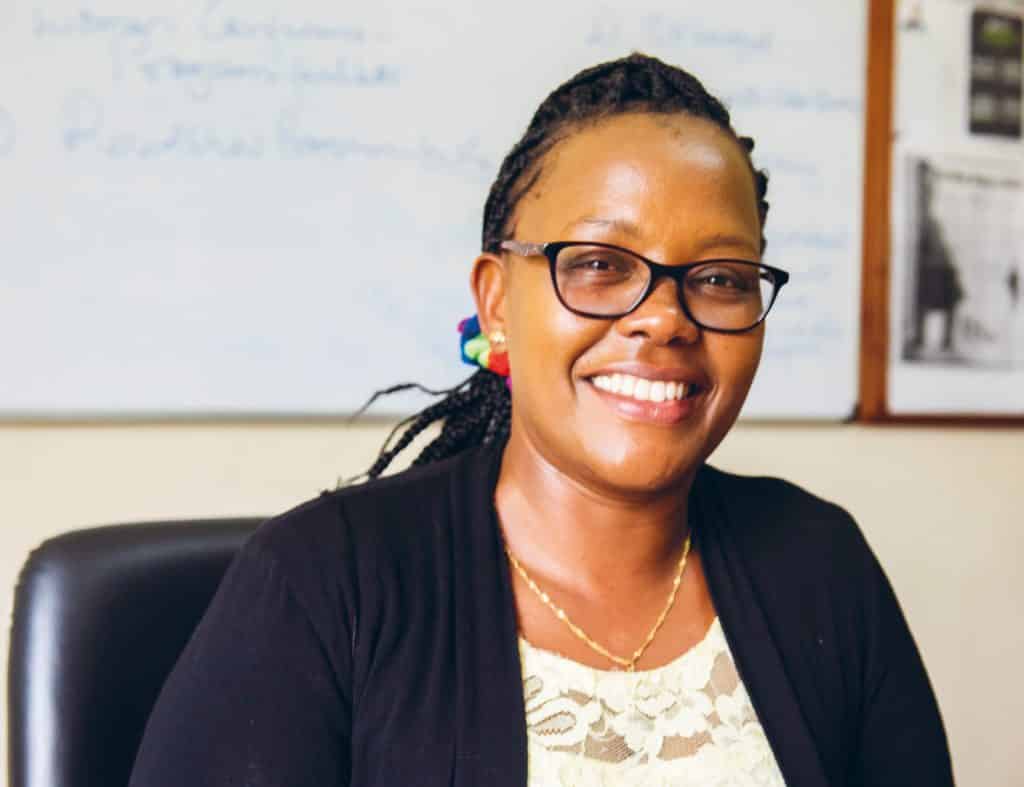
‘THE TIME IS NOW’
Gender inequality driven by economic inequality and the risk of gender-based violence are serious challenges in the Kenyan agricultural industry. So five years ago, we pioneered a new approach to gender empowerment, including everything from entrepreneurship training, management and leadership, to women in technology apprenticeships. Gender inclusivity – offering programmes equally to women and men – was key. Over the years, we’ve had 48 women and 20 men complete the management and leadership programme, resulting in promotions and role expansion for many. Meanwhile, over 60 people have completed entrepreneurship training resulting in increased incomes reported for the majority.
The one piece of advice I would give is that the time is now. True change is possible when you remain focused, measure the progress and proactively engage wider stakeholder groups to bring them with you.

‘IT’S AN ENVIRONMENT THAT PROVIDES EQUITABLE GENDER OPPORTUNITIES’
In the US, we saw a clear need to empower women to be leaders at Finlays and to drive equity for women in the business. To do so, we created spaces for Finlays women to lean on each other for support, guidance and encouragement, and formed the Women in Leadership Committee to give every women the opportunity to learn, lead and grow.
Launched in 2021, we established monthly virtual “ladies who lunch sessions”. These events have encouraged a camaraderie between the women in the organisation by providing low-pressure opportunities to get to know one another on a more intimate level. One key take-away is that gender empowerment is more than figures and statistics. It’s about creating an environment that provides equitable gender opportunities.
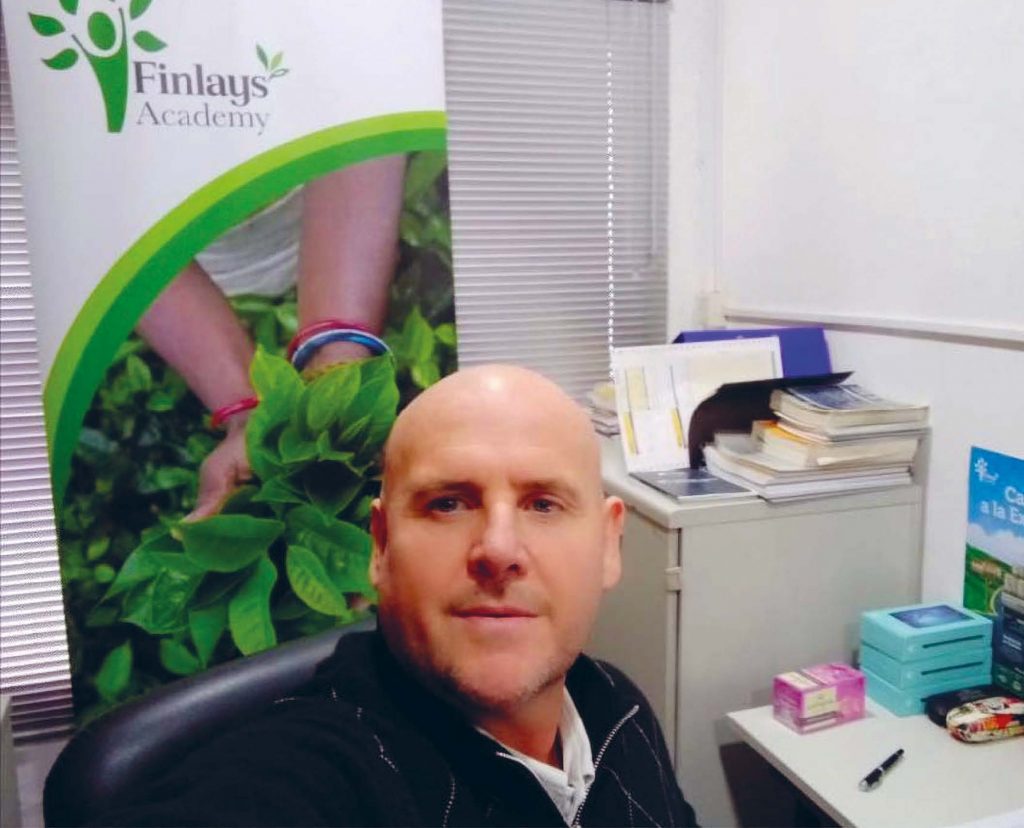
‘GENDER EMPOWERMENT IS GOOD FOR BUSINESS’
In Argentina there is a nationwide cultural issue of women not working on manufacturing lines or in the fields. It’s an issue we are actively trying to solve so that women can work in all parts of our business. This includes even taking simple steps like improving our factory bathrooms and cloakrooms, which weren’t fit for purpose previously. We’re early in our journey, but we’re proud to say we are the first Tea business in Argentina to have women working on our factory lines and with our harvesting tractors in the field. Crucially, we’ve already seen the positive impact a more balanced workforce has had on our business, in terms of the improvements in our manufacturing processes and the quality of our tea. Ultimately, empowering and supporting women is just good for business.

‘IT’S MORE THAN JUST A FEMALE ISSUE’
In the UK, the issue of gender empowerment is front of mind, from gender-based violence, to the gender pay gap, to share of voice. That’s why we set up the UK Finlays Women in Business Network, to create a truly equitable workplace in which women are empowered to fulfil their own potential.
Since we launched the network, which has over 60 members across our UK locations in 2021, we’ve learnt two vital lessons. Firstly, that everyone should take responsibility for empowering others and driving change. Women can’t ‘solve’ this problem without the support of allies, and it’s so important for everyone to get involved in the conversation. This is something we have achieved through employee engagement events which have
led to frank discussions of the challenges that both the men and women in our business.
Secondly, while our group focuses on gender, it’s important to recognise the other identifies and characteristics that impact
the human experience. There are so many ways in which someone can feel disempowered or constrained, so we can all look for opportunities to accept and support each other and challenge a system that doesn’t work for everyone.
We’re proud to be able to share these achievements and lessons, but we called this a journey for a reason; we still have a long way to go.

